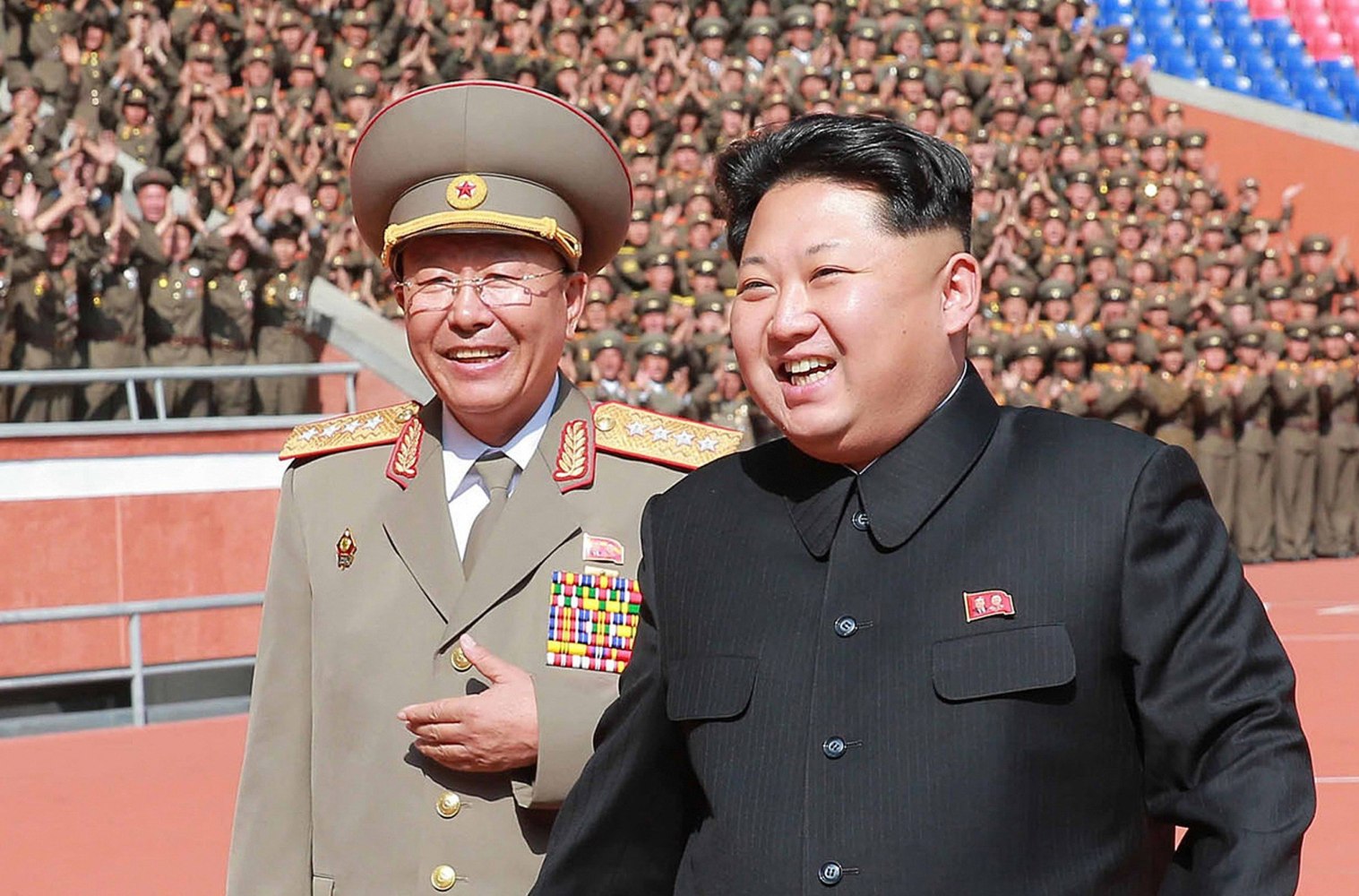The Destruction of Hillary Clinton and Shattered review – was Trump’s victory inevitable?
Throughout the campaign, blinders kept most of us from taking aboard a lot of what we were seeing: Hillary Clinton wasn’t giving people a reason to vote for her. “Stronger together” meant what? It’s been reported that for much of the fall Bill Clinton worried that the leaders of his wife’s campaign were too fixated on their supposedly fearsome get-out-the-vote drive and were failing to craft a coherent message for her, and he chewed on the staff about this. Why Hillary Clinton didn’t develop a message is a puzzle. The reconstructions to come of her campaign should tell us why.
....On a different front, we could see that the email server issue was dogging Clinton and we knew that this got at what bothered people most about her: they couldn’t quite trust her; there’d been a slight deviousness about her since her early days at the White House. So when one first heard about the private server, the long-missing billing records from her Arkansas law firm that suddenly turned up in the White House came immediately to mind.
Thus, when the server story hit her, Clinton didn’t have a deep reservoir of trust to draw on—not even much of a shallow one. According to a Pew Research Center poll, when the story broke in March of 2015, about half the country found her honest and trustworthy, hardly a fabulous number but one she never saw again.
What had all along been the greatest danger to Clinton was exacerbated by the server: a lack of enthusiasm for her. (I’ve been writing since the fall of 2015 that this is what could bring her down.) Her handling of the emails issue kept working against her (and worried her campaign staff): she started off being dismissive, and then sarcastic: asked in a press conference if she’d wiped her server she replied, “With a cloth?” And her explanations were often legalistic and evasive (“not marked classified at the time”).
-- “ Shattered,” a narrative of Hillary Clinton’s losing campaign by journalists Jonathan Allen and Amie Parnes, is also out this morning. Campaign manager Robby Mook comes across especially poorly in their account. “As we dive into the Clinton apparatus in Brooklyn, we discover a somewhat different picture of Mook, who was largely portrayed as an affable, modern-age data whiz during the campaign,” Steven Ginsberg, The Post’s senior politics editor, writes in a review of the new book. “In ‘Shattered,’ he is depicted as a ‘professional political assassin’ who pushes aside anyone who threatens his control-freak grip on power. He fights with (John) Podesta. There’s tension with chief strategist Joel Benenson (who appears to have been almost completely sidelined months before Election Day). Mook has little regard for communications director Jennifer Palmieri. He thinks the old-style politics of Bill Clinton are relics of a bygone time. Some of the criticism of Mook rings true — his celebrated voter modeling, for instance, turned out to be catastrophically off — but his portrait also carries the stench of bitter co-workers conveniently tossing after-the-fact blame his way.”
WASHINGTON POST
VOX
-- Yahoo News' Matt Bai has an interesting take on “Shattered" and other modern campaign books, which he calls the “Us Weeklys” of political history: “The best campaign books of an earlier era captured the political moment in a way that reflected the upheaval happening everywhere else in the culture. Today’s imitators somehow manage to do the reverse; they grab a screenshot of political minutiae that seems to exist in isolation, as if it were totally disconnected from deeper trends in the society.
------
And so today’s campaign chroniclers are left to ‘reconstruct’ events after the fact, eagerly inviting operatives to share endless anecdotes that burnish their own images while tearing down everyone else.
GUARDIAN
WASHINGTON POST
VOX
-- Yahoo News' Matt Bai has an interesting take on “Shattered" and other modern campaign books, which he calls the “Us Weeklys” of political history: “The best campaign books of an earlier era captured the political moment in a way that reflected the upheaval happening everywhere else in the culture. Today’s imitators somehow manage to do the reverse; they grab a screenshot of political minutiae that seems to exist in isolation, as if it were totally disconnected from deeper trends in the society.
------
And so today’s campaign chroniclers are left to ‘reconstruct’ events after the fact, eagerly inviting operatives to share endless anecdotes that burnish their own images while tearing down everyone else.
GUARDIAN









